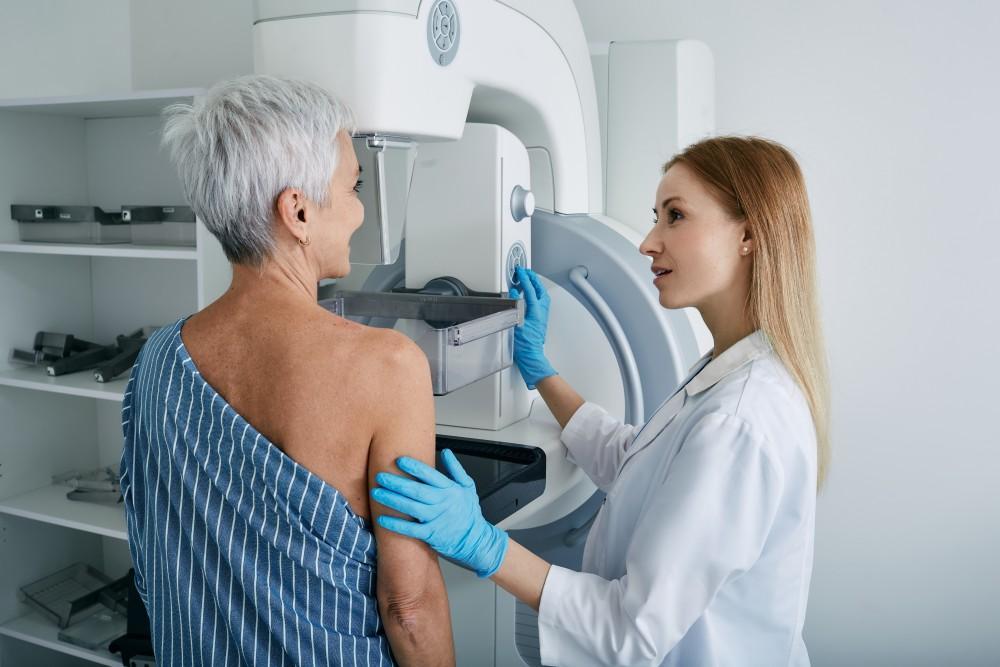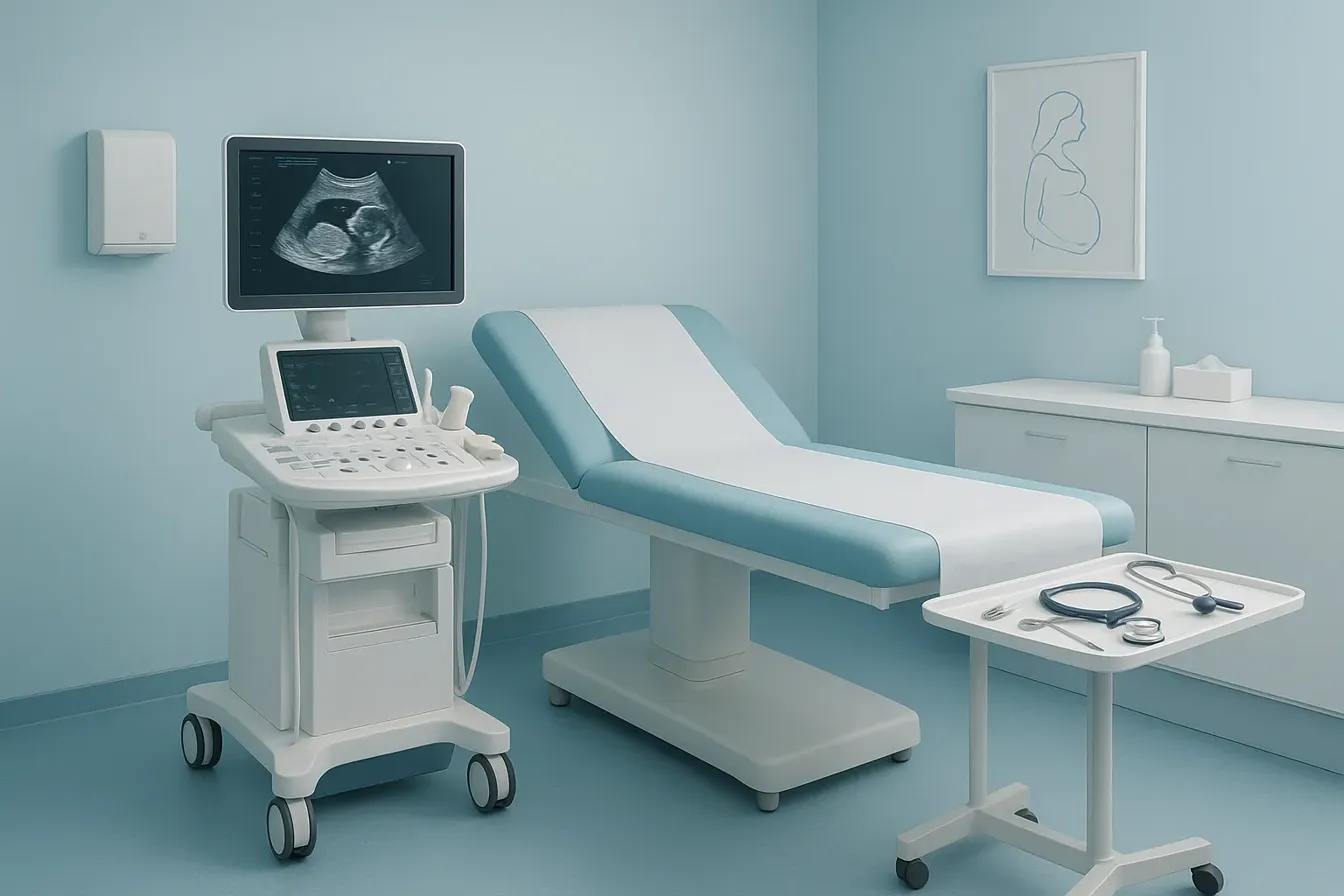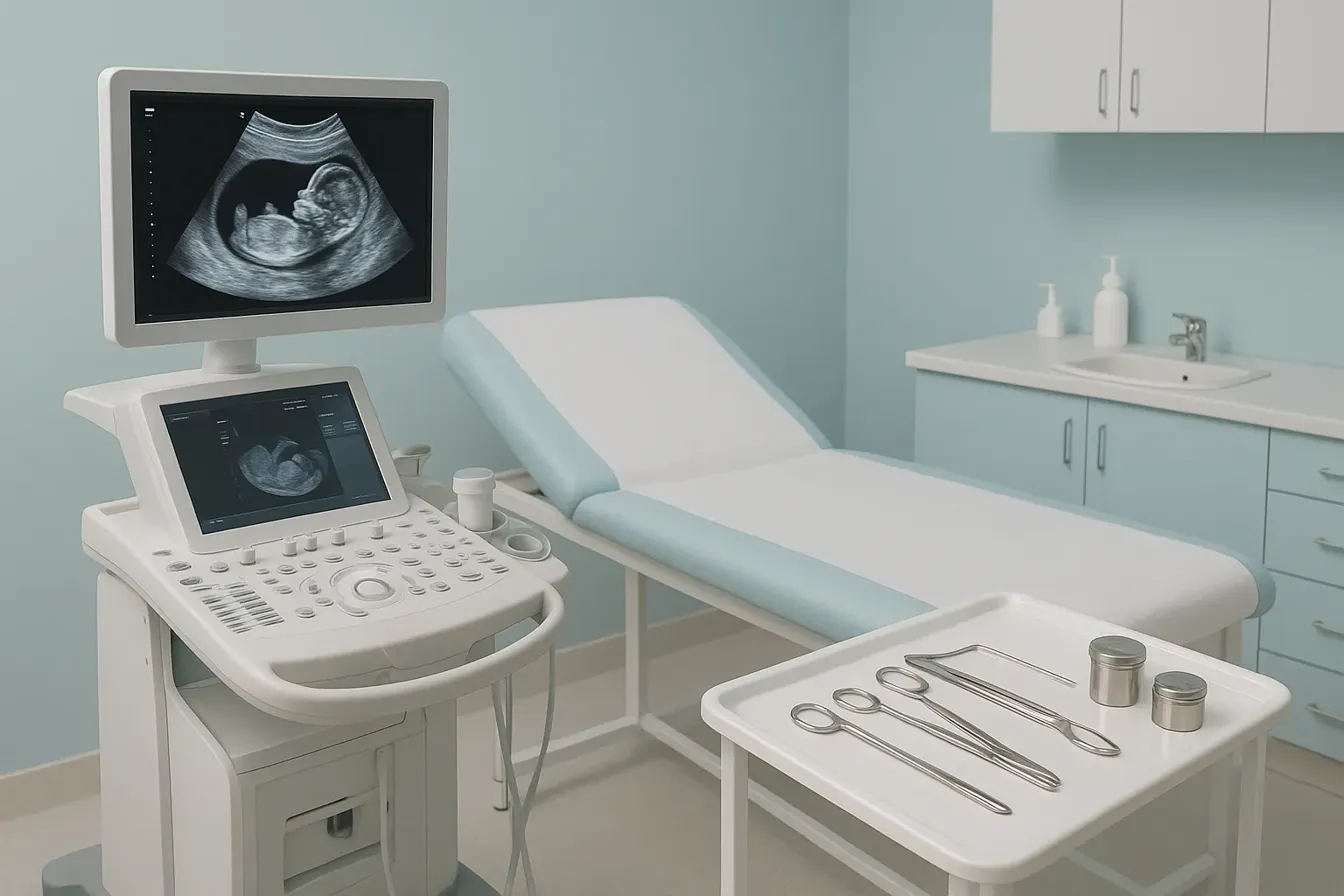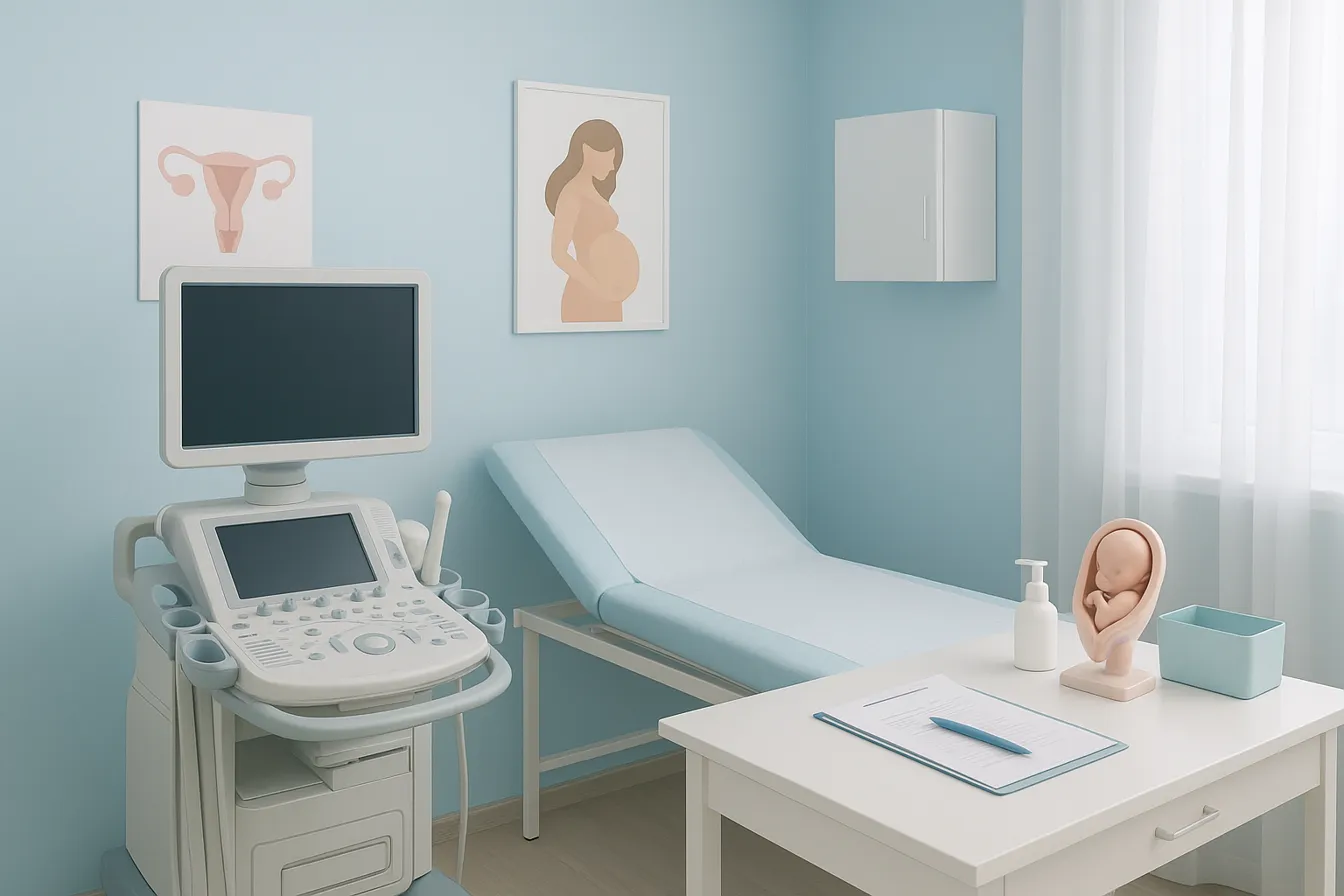Enhancing Pregnancy Outcomes Through Tailored and Respectful Prenatal Care

October is Breast Cancer Awareness Month and the ideal time for our Raveco Medical team to ensure you understand the latest updates to the breast cancer screening guidelines.
Our goal is to help women get the preventive screenings they need to identify cancer as early as possible, so they can get treated without delay. If you aren’t sure when to schedule your first screening, here’s what you need to know:
Why preventive breast cancer screenings are important
Breast cancer is one of the most common cancers among women. The disease develops when cells in your breast tissue divide abnormally and grow into clusters known as tumors.
Cancerous cells can spread and invade other areas of your body, which can make the condition harder to treat.
Breast cancer screenings help identify cancer in the earliest stages before it has a chance to spread. Early breast cancer detection also increases the likelihood of successful treatment. The earlier treatment starts, the less invasive treatment may be.
The standard screening technology for breast cancer is a mammogram, an X-ray imaging test that provides a close-up view of breast tissue. If you have dense tissue or your mammogram shows suspicious tissue growth, we may also recommend an ultrasound or biopsy to confirm or rule out cancer.
Understanding the latest breast cancer screening guidelines
The U.S. Preventive Services Task Force (USPSTF) has recently made updates to their breast cancer screening guidelines. As of April 2024, the Task Force recommends that women get annual screenings for breast cancer starting at age 40 and continuing through age 74.
Previously, the guidelines suggested that women in their 40s consult with their physician to decide when to schedule a mammogram. Starting at age 50, women were encouraged to schedule their first mammogram.
If you have a history of cancer, a family history of breast cancer, or other factors that increase your breast cancer risk, our team may recommend earlier or more frequent mammograms.
Women with dense breast tissue may also need additional testing beyond their yearly mammogram to evaluate their risk factors for cancer. Our providers discuss the appropriate screening schedule based on your health history, age, and other factors.
Easing your anxieties about preventive breast cancer screenings
Your first breast cancer screening may feel overwhelming, especially if you don’t know what to expect.
Mammogram screening
If you’re scheduled for a mammogram, you should avoid wearing lotions, perfumes, deodorant, and other products to ensure accurate results.
A technician helps position your breast on a plate, so the imaging technology can capture images of your breast tissue from different angles. The process repeats on the other breast. A mammogram may feel uncomfortable for a few minutes but isn’t painful.
Ultrasound imaging
If you need an ultrasound, a technician places a handheld device on one of your breasts at a time. The device sends soundwaves into your breast to capture images of the tissue, which are often more detailed than a mammogram provides.
Breast biopsy
A biopsy is a minimally invasive surgical procedure to remove a sample of breast tissue for further evaluation under a microscope. Your physician may remove the sample with a hollow needle or make a small incision in your breast to access the tissue.
Our team discusses the results of your screening when available. If you need additional testing or treatment for breast cancer, they inform you of the available options and help you make the most informed decisions about your health.
Call Raveco Medical in Forest Hills or Woodside, New York, today to schedule a preventive breast cancer screening. You can also use the online feature to book an appointment.





.png)